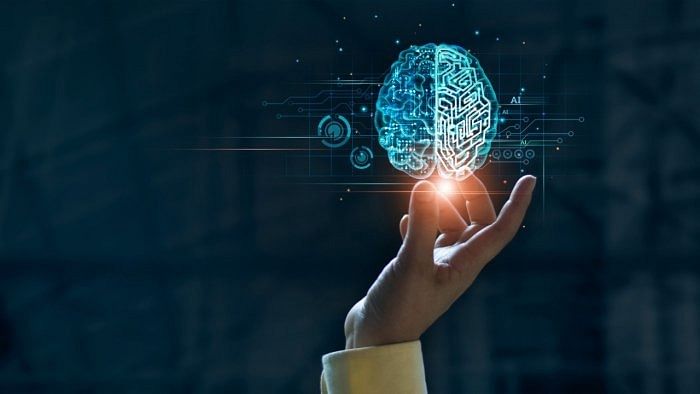
The use of artificial intelligence to make healthcare decisions is gradually picking up in Bengaluru.
Fortis Hospitals, for example, is developing its own AI software that suggests treatments based on records of previous patients.
"When a doctor enters a patient’s prescription, our system can plot a chart showing changes in his health status over time, and also give a risk overview depending on his symptoms, comorbidities, age etc,” says Akshay Oleti, Business Head at Fortis Hospitals.
"It then tells the doctor what treatment was previously given for patients with a similar profile in our hospital network, and which treatments gave the best outcome," he adds.
However, the doctor is free to ignore the suggestion, says Oleti.
Fortis is also developing another AI tool that can customise preventive health checkup packages for each person, based on their medical history and lifestyle.
"The tool scans through the records of tests that doctors had previously recommended for others matching the person’s profile, along with tests that have the highest chance of giving abnormal values for such a profile,” says Oleti.
While both tools are in trials now, the second one is expected to be fully operational by next year.
IISc professor Phaneendra Yalavarthy says that, since 2021, several Bengaluru hospitals have been using AI platforms that suggest medicine to be prescribed to a patient, based on previous patients' data. This is expected to reduce errors related to medicine dosage and composition.
Bengaluru-based startup HealthPlix has about 11,000 doctors across the country using its Electronic Medical Records software, which analyses a patient’s health status using long-term records. It can then suggest tests and medicines such a patient may need, and also alerts the doctor if he prescribes a medicine that may cause a drug interaction.
Dr Arjun Kalyanpur, CEO of Teleradiology Solutions, says a benefit of AI is crossing over multiple specialties to give an overall picture of the patient’s health after analysing various records, which an individual specialist can’t do.
Teleradiology, wherein AI suggests diagnoses based on X-ray and scan images, and wearable devices that give long-term data, are other emerging areas."
Manipal Hospitals, for example, gives post-surgery patients a watch that continuously monitors their vitals and alerts doctors in case of abnormalities, says Dr S Vidyadhara, HOD, Spine Surgery. Several diabetologists are also suggesting wearable devices that monitor patient vitals and thus help them make treatment decisions, says Prof Yalavarthy.